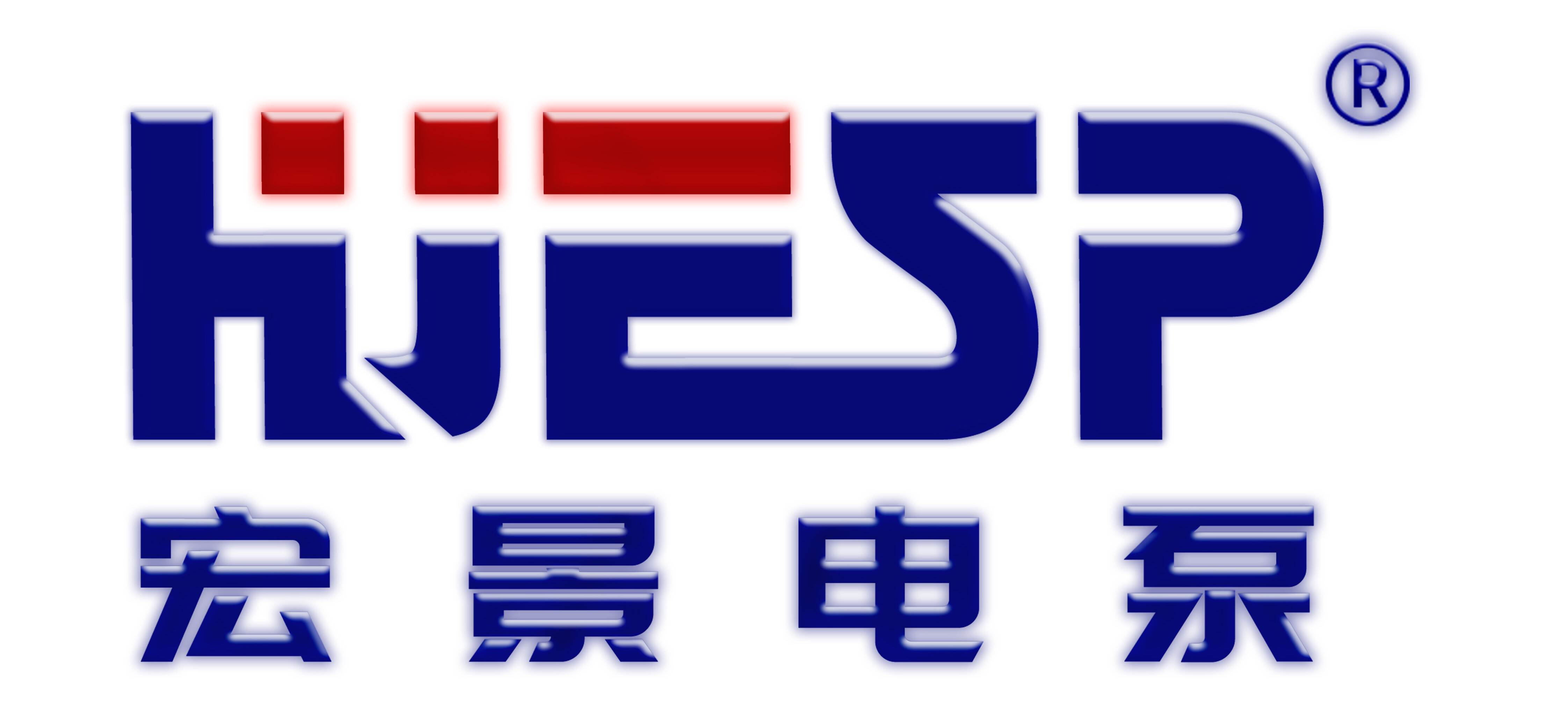Induction motors: the powerhouse of modern industry
Induction motors: the powerhouse of modern industry
Induction motors, also known as asynchronous motors, are the cornerstone of modern industrial and commercial electromechanical systems. Induction motors account for more than 70% of global industrial motor usage due to their durability, cost-effectiveness and low maintenance requirements. Whether it's HVAC systems or heavy machinery, induction motors play an integral role.
Working Principle of Induction Motor
Induction motors convert electrical energy into mechanical motion through electromagnetic induction. Its core components include stator and rotor. When the stator winding is energized, a rotating magnetic field is generated, which in turn induces current in the rotor, generates torque, and drives the rotor to rotate. This simple yet efficient operating principle makes induction motors excel in a wide variety of applications.
Advantages of energy-efficient induction motors
With the increasing awareness of energy conservation and environmental protection, high-efficiency induction motors have gradually become the mainstream of the market. This type of motor uses advanced materials and processes in the design and manufacturing process, which significantly improves the energy efficiency ratio. Compared with ordinary induction motors, high-efficiency induction motors consume less energy at the same power, and long-term use can significantly reduce electricity bills.
Application scenarios of oil-resistant induction motors
In some special environments, such as food processing, chemical and petroleum industries, motors need to be oil resistant. The oil-resistant induction motor adopts a special sealing and protection design, which can operate stably in an oily environment, ensuring the reliability and safety of the equipment. This type of motor not only extends its service life, but also reduces the failure rate caused by oil contamination.
Wide range of applications for induction motors
Induction motors have a wide range of applications, ranging from household appliances to industrial equipment. In HVAC systems, induction motors drive fans and compressors to ensure a comfortable indoor environment. In manufacturing, induction motors power equipment such as conveyor belts, pumps, and compressors. In addition, induction motors are also widely used in electric vehicles, wind power generation and other fields, demonstrating their versatility and adaptability.
Future Development Trend of Induction Motor
With the continuous advancement of technology, induction motors are also constantly innovating and developing. Intelligence, digitization and networking are important directions for the future development of induction motors. By integrating sensors and control systems, induction motors can achieve remote monitoring and fault diagnosis, improving operating efficiency and management level. In addition, the application of new materials and new processes will further improve the performance and reliability of induction motors.
In short, as the core power of modern industry, the importance of induction motor is self-evident. Both energy-efficient induction motors and oil-resistant induction motors play a key role in their respective application fields. With the continuous advancement of technology, induction motors will surely usher in broader development prospects in the future.
